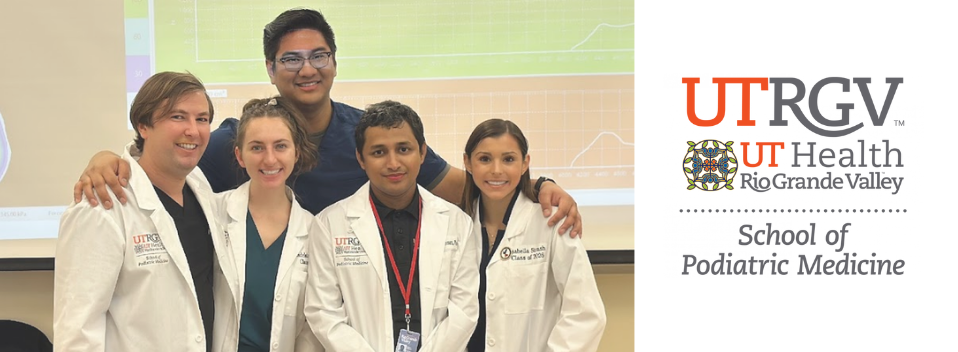
School of Podiatric Medicine Publications
Influence of rapid- and slow-rate resorption collagen membrane in maxillary sinus augmentation
Document Type
Article
Publication Date
3-2017
Abstract
Objective: To evaluate the effects of low- and rapid-resorption-rate bioabsorbable collagen membranes in maxillary sinus augmentation procedure in rabbits considering Schneiderian membrane (SM) reaction and bone tissue formation.
Materials and methods: Eighteen male adult rabbits underwent bilateral maxillary sinus augmentation with particulate bovine hydroxyapatite to be divided into three groups, as follows: Group C - control, no membrane; Group RR - rapid resorbable collagen membrane; and Group SR - slow-resorbable collagen membrane. The animals were euthanized after 30 and 120 days for specimen's removal to be prepared and analyzed under light microscopy, histomorphometry, and immunohistochemistry for Runx2 and VEGF labeling.
Results: Histopathology evaluation presented similar healing pattern among the groups with a satisfactory response of SM, both at day 30 and day 120. Bone histomorphometry did not reveal significant differences among the groups, as well as immunohistochemistry analysis, which presented intense immunolabeling for both proteins in all groups.
Conclusions: The presence of both membranes did not negatively interfere in bone formation and remodeling, and the focal mild inflammatory reaction caused by their degrading process did not impair the reconstructive procedure.
Recommended Citation
Bresaola, M. D., Matsumoto, M. A., Zahoui, A., Biguetti, C. C., & Nary-Filho, H. (2017). Influence of rapid- and slow-rate resorption collagen membrane in maxillary sinus augmentation. Clinical oral implants research, 28(3), 320–326. https://doi.org/10.1111/clr.12801
Publication Title
Clinical oral implants research
Academic Level
faculty
DOI
https://doi.org/10.1111/clr.12801


Comments
© 2016 John Wiley & Sons A/S. Published by John Wiley & Sons Ltd.
https://onlinelibrary.wiley.com/share/HVE59FYCX9266HM3BKCQ?target=10.1111/clr.12801